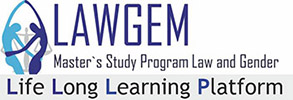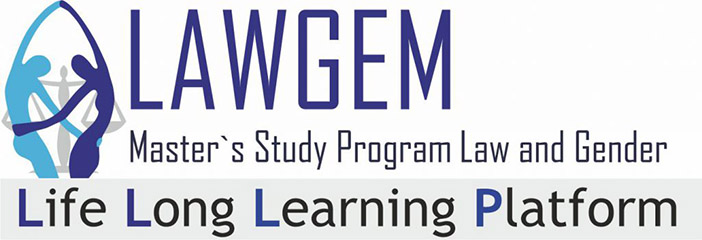Faculty of Law University of Belgrade in the cooperation with the OSCE Mission to Serbia organized the Spring School/Pilot Master – Law and Gender. This Spring School was based on the project LAWGEM and served as a kind of the pilot practicing of the future master`s study program Law and Gender. It covered all courses contained in this master`s study program curriculum, and the reading materials consisted to a great extent of the books published within the LAWGEM project. The School was organized in a hybrid form – in person at the Faculty of Law University of Belgrade and online, with 69 participants (students of undergraduate, master and PhD level), both from Serbia and other countries around the world (Albania, Belarus, Bosnia and Herzegovina, Brazil, China, Croatia, France, Germany, India, Iran, Italy, Montenegro, Russia and Vietnam). It is certain that participants of this School have gained valuable knowledge which will help them on their academic path and in their professional careers. On the other hand, the Spring School represented an excellent preparation of lectures and pedagogic experiences of the scholars from the University of Belgrade Faculty of Law for the future conducting the master’s study program Law and Gender.
On June 1, Assistant Professor Dr. Nikola Ilic held the optional course Gender Economics. Within the introductory lecture, he explained some of the main principles and relevance of Gender Economics as the critical study of economics focusing on gender-aware and inclusive issues and policy analysis. Following the first lecture, students had the opportunity to learn and discuss more specific Gender Economics issues such as indicators of gender inequality, the patenting gap, the gender pay gap, women entrepreneurship, etc. The students were particularly interested in gender equality in innovation and the position of women in research institutes and science in general. Following the lengthy and lively debates at the end of the optional course, the overall conclusion is that Gender Economics not only significantly improves traditional understanding of mainstream economics but is also relevant for further enhancement of other social sciences, such as law and sociology.
Gender Economics 1: Cross-Societal and Historical Comparisons
Gender Economics 2: Indicators of Gender from the Economic Perspective
Gender Economics 3: Gender, Innovation, and Entrepreneurship

